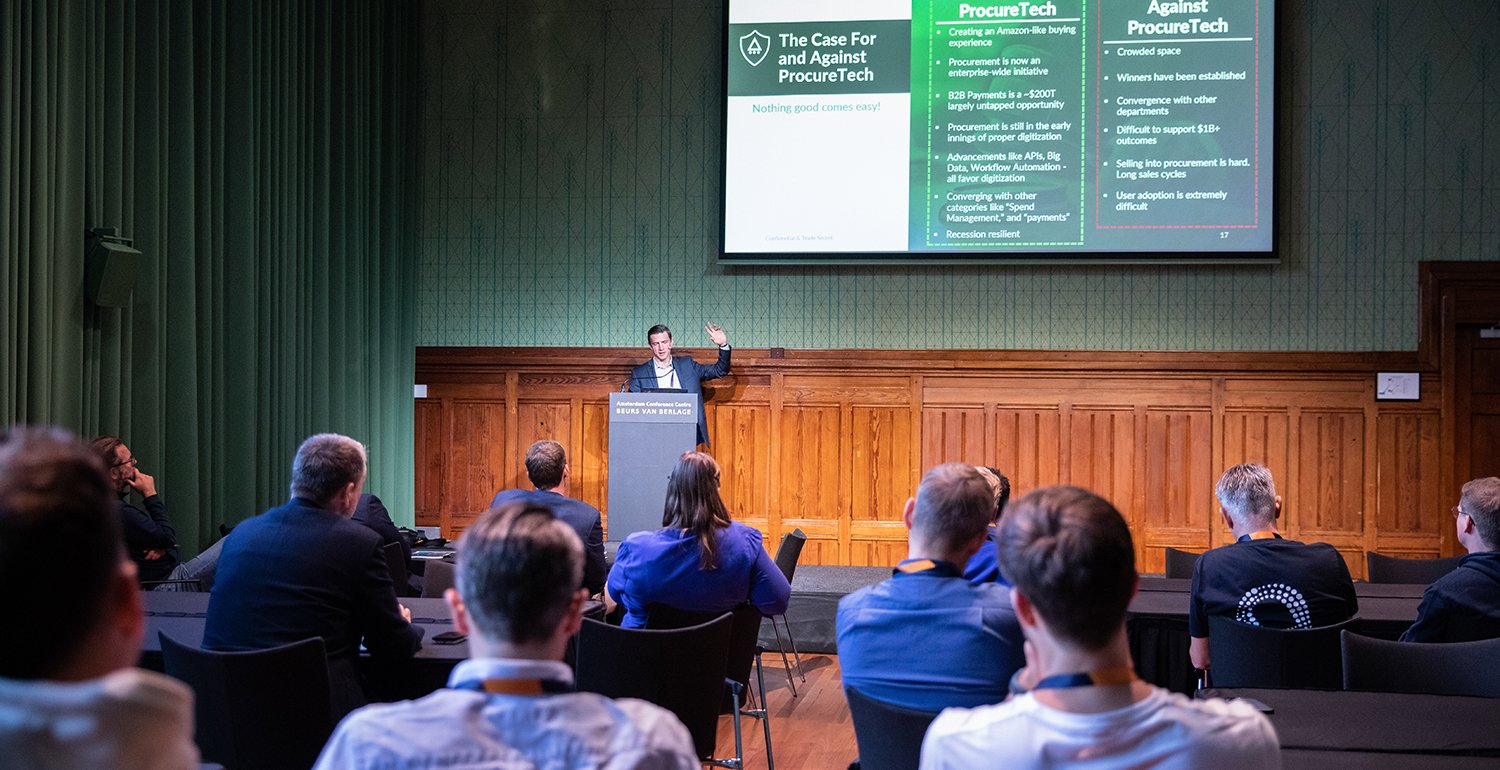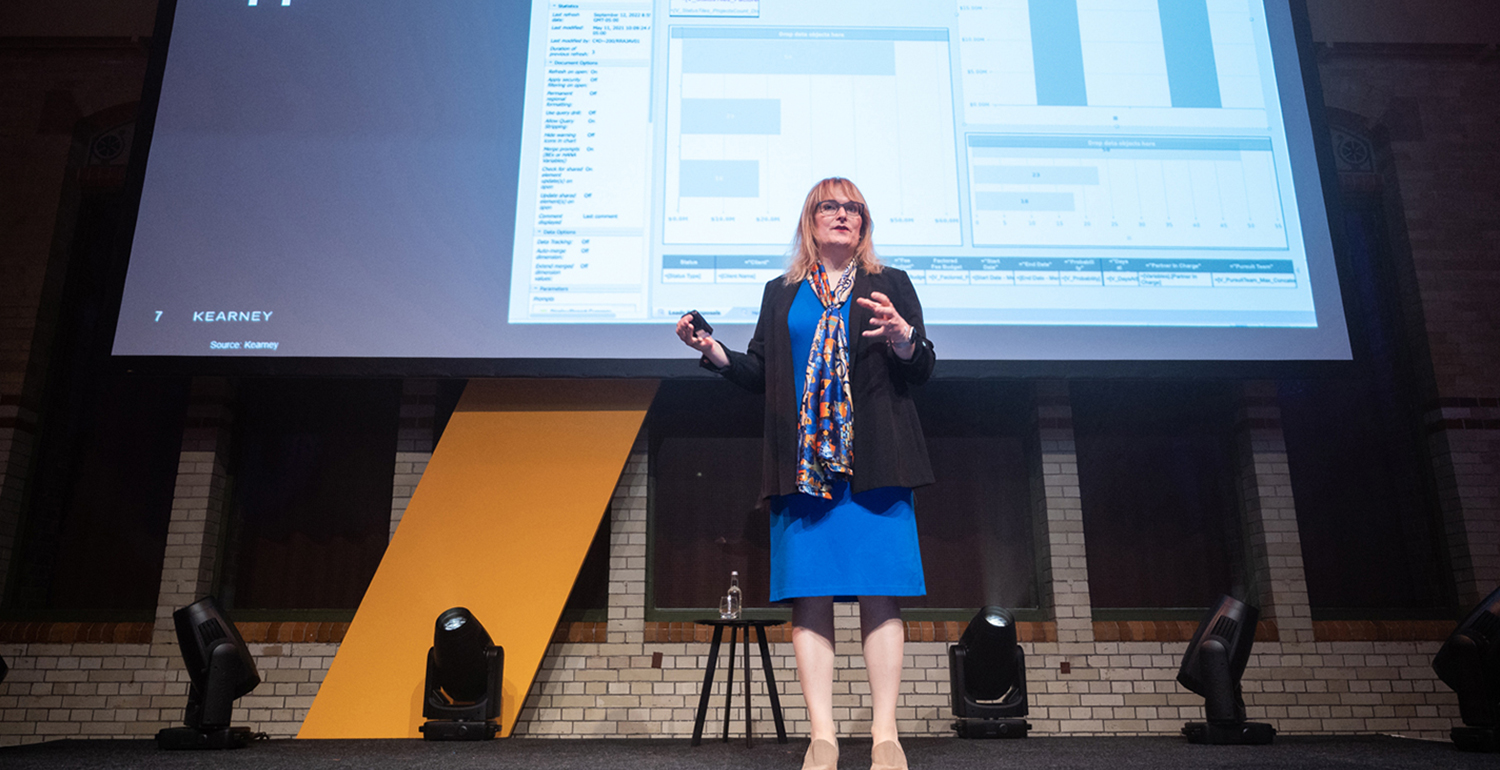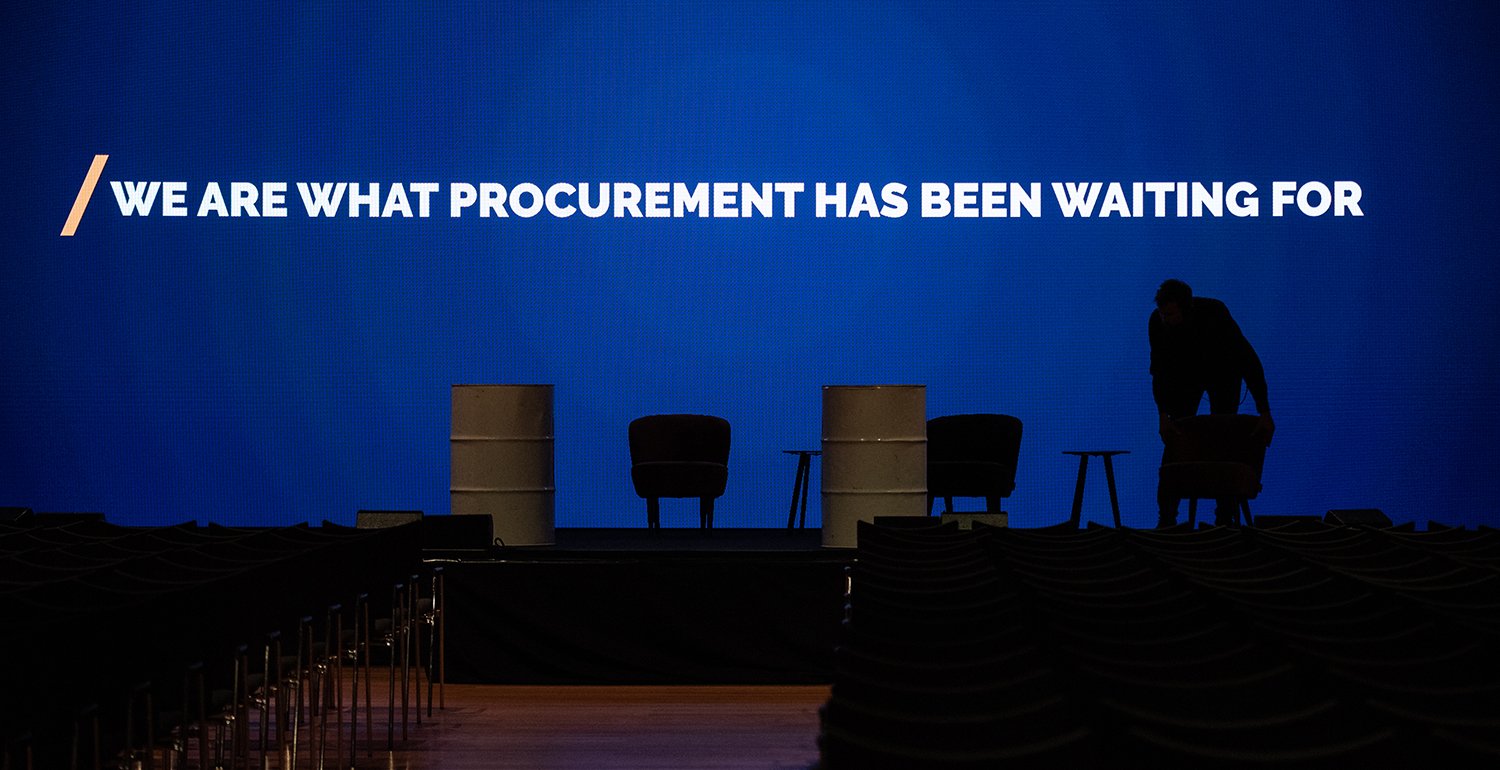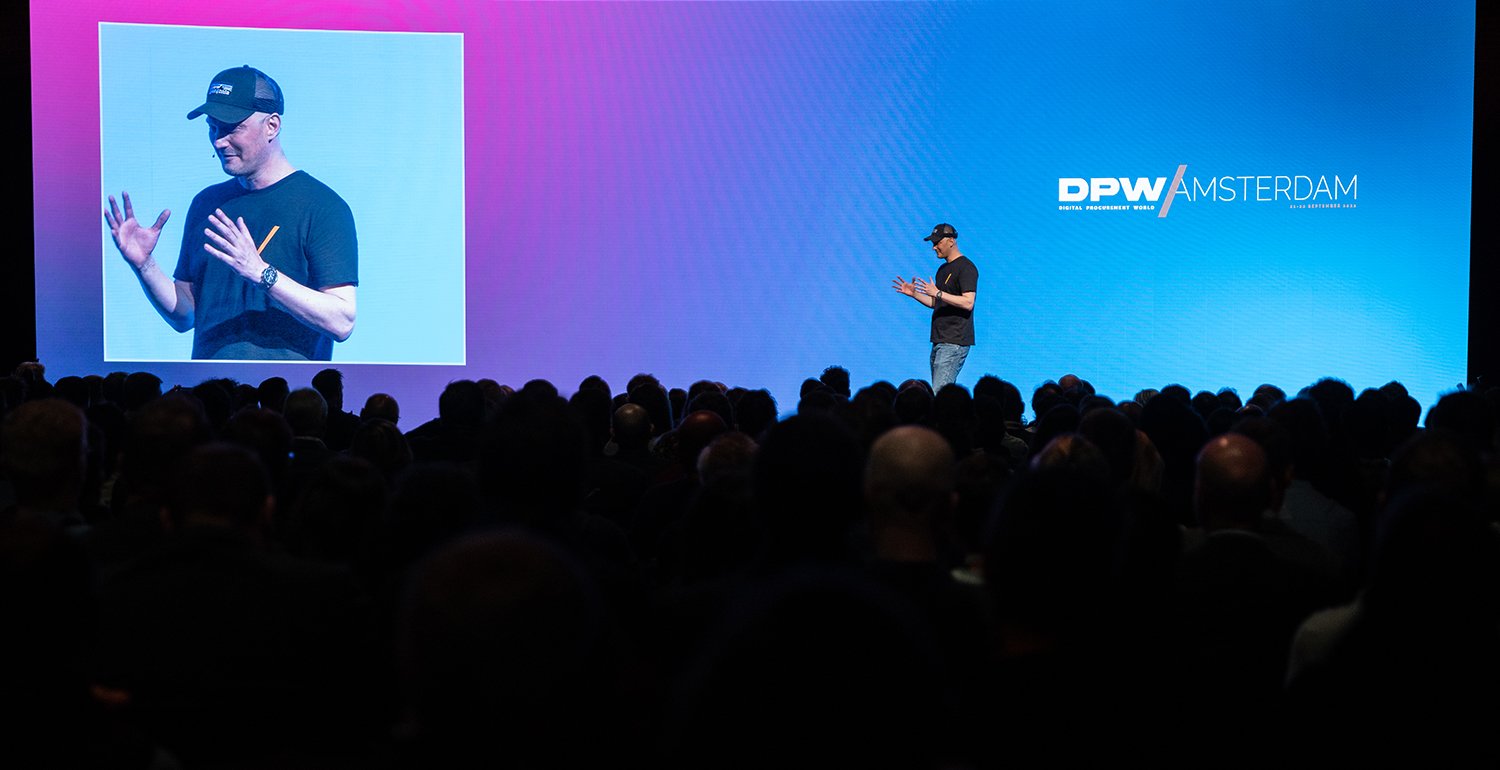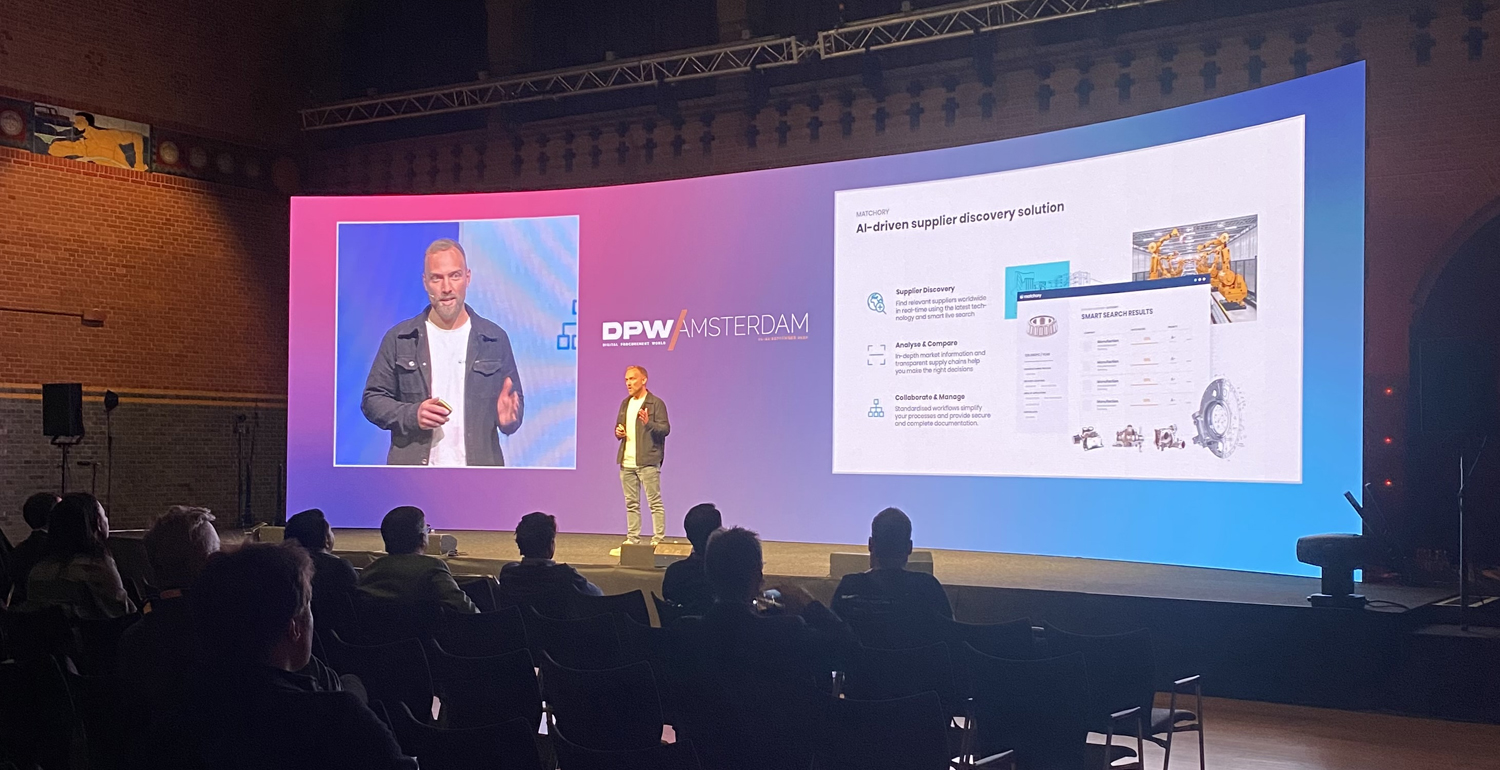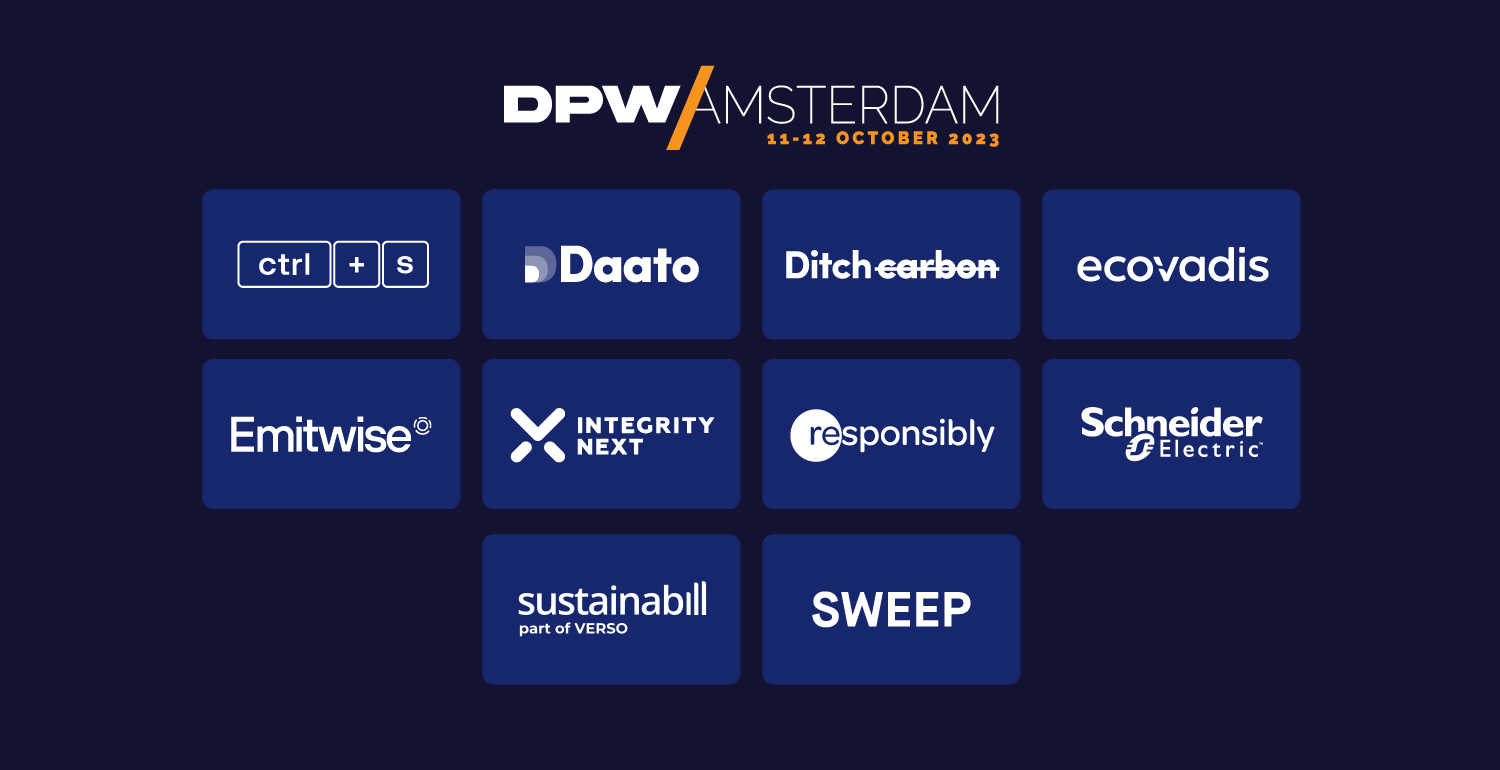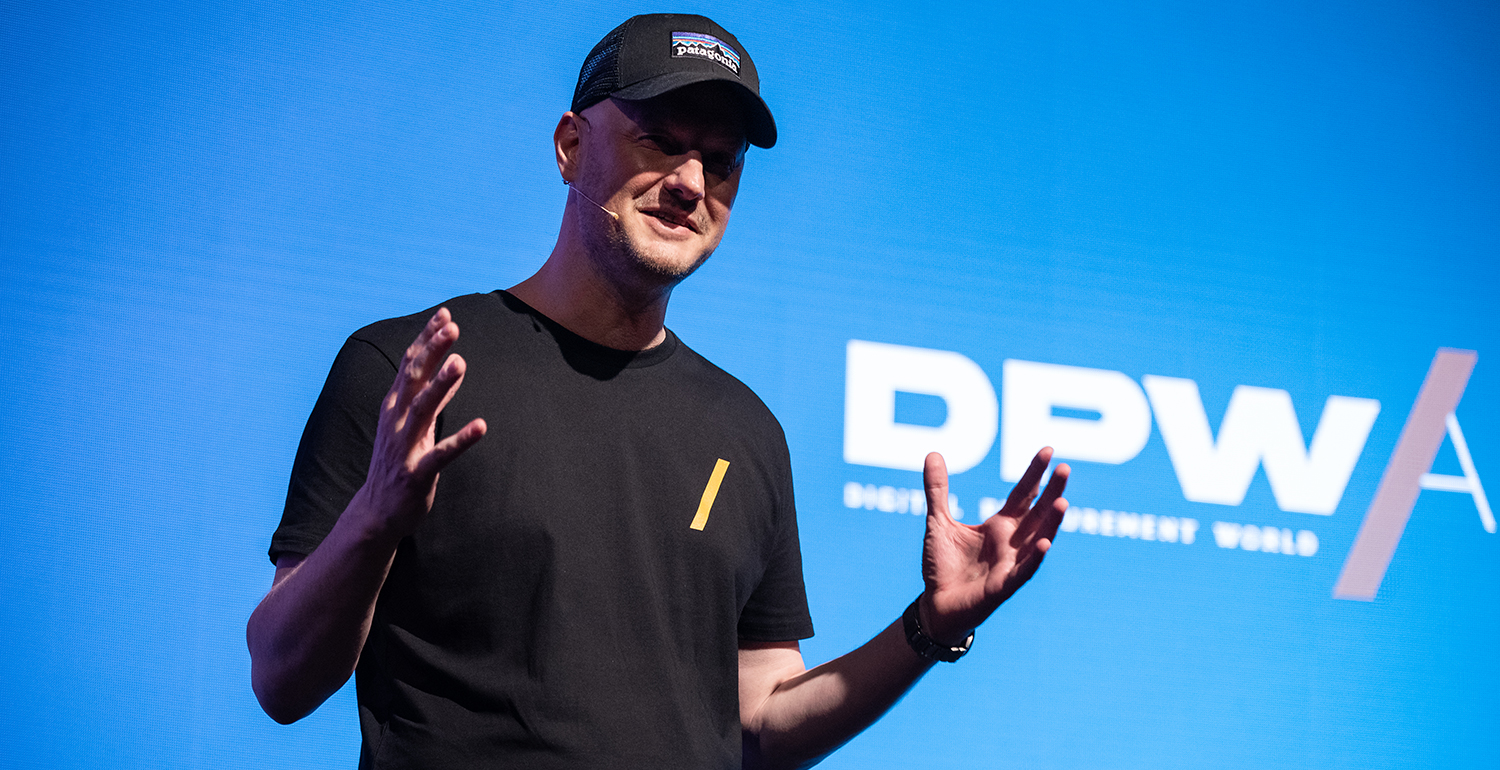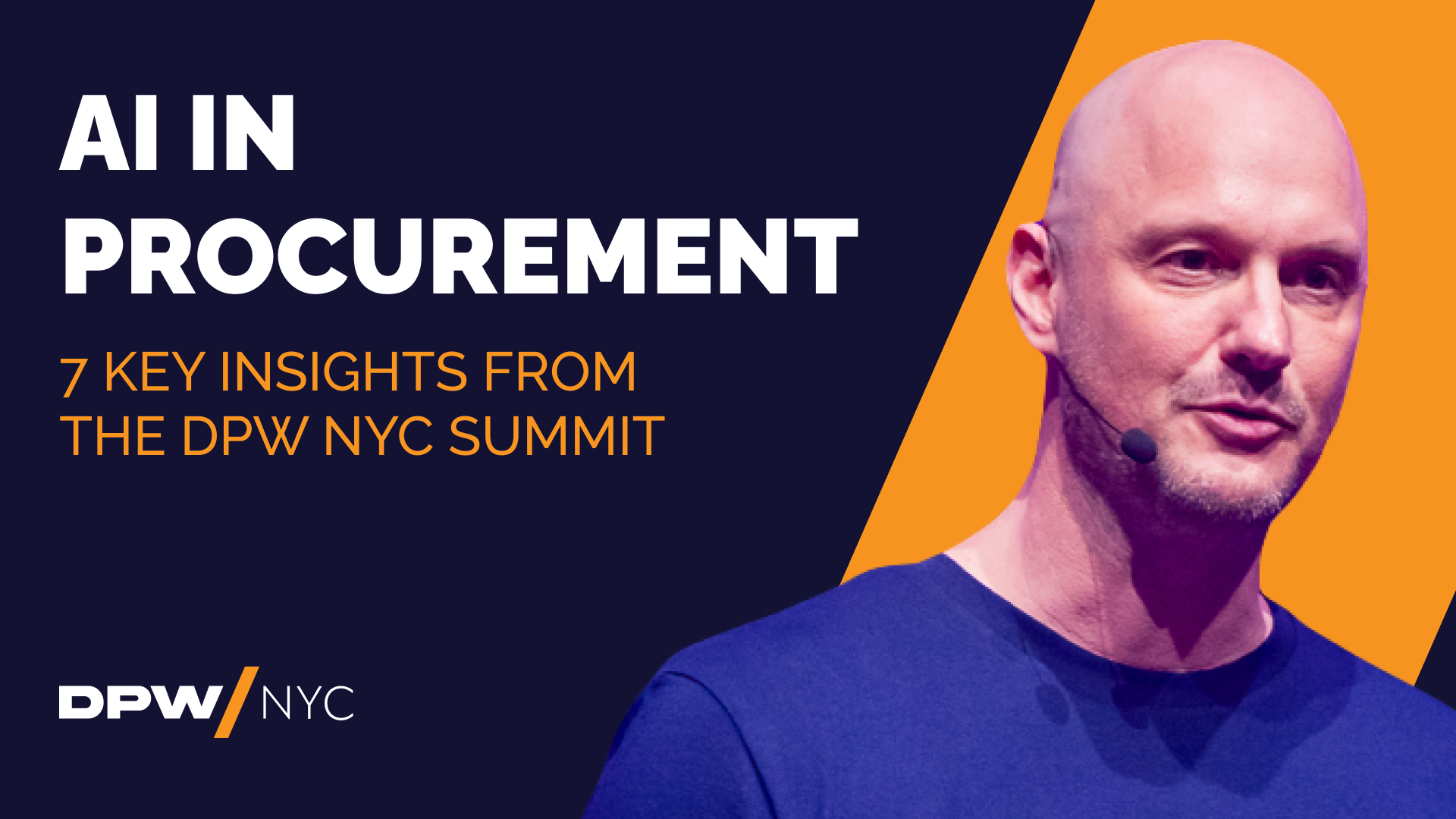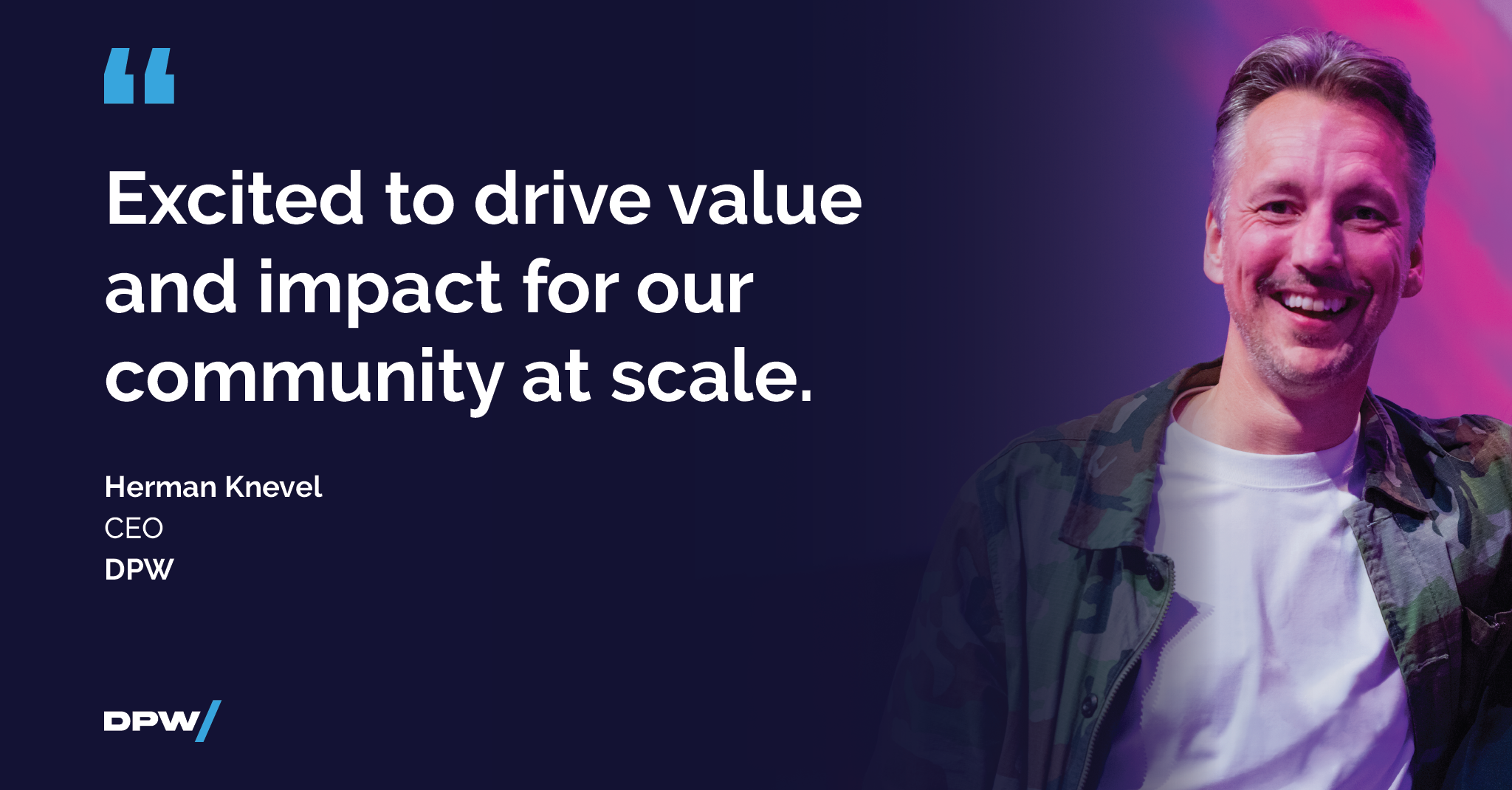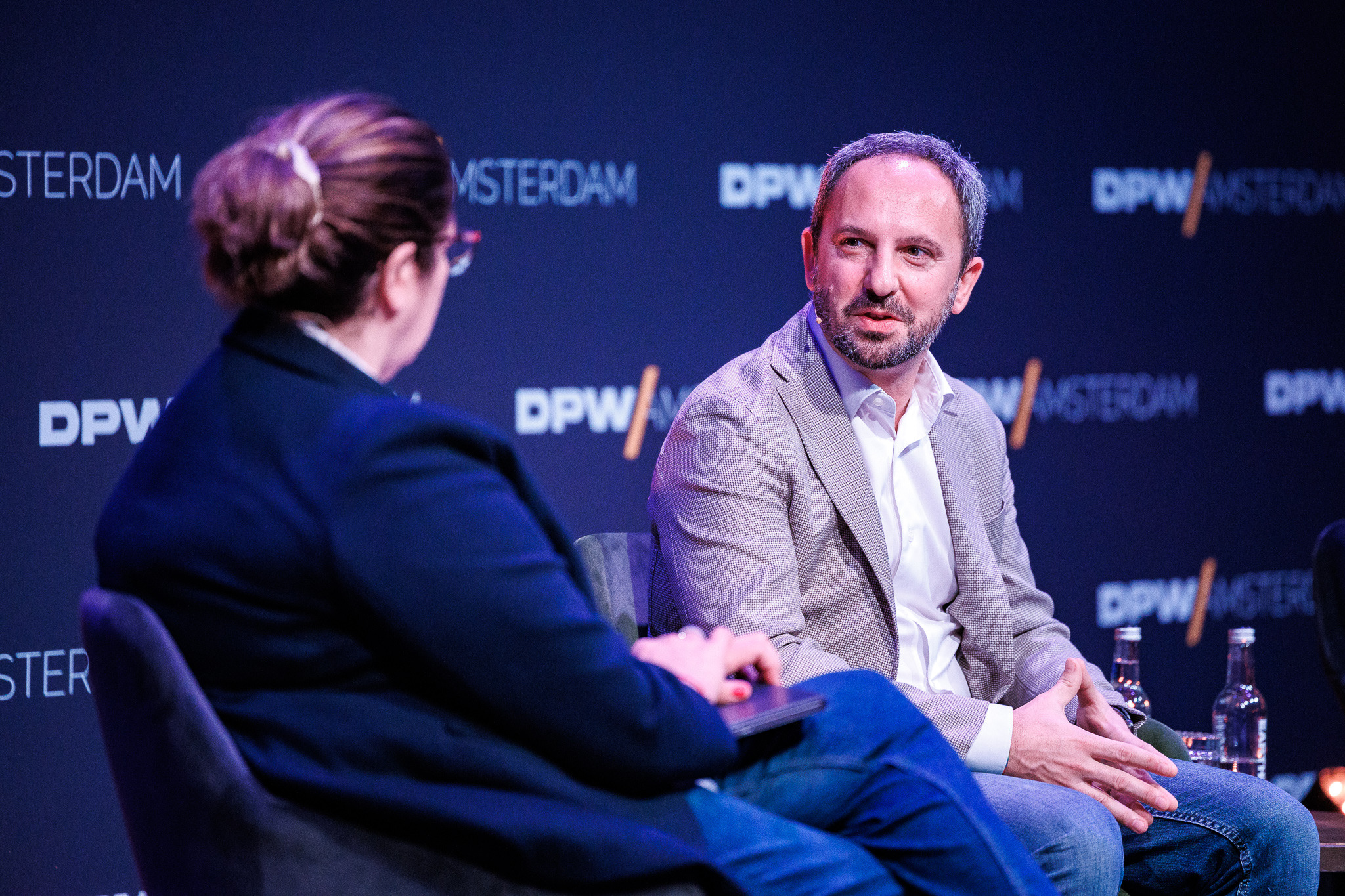Digitalization in procurement vital now more than ever, agree or disagree?

Digital transformation isn’t simply a nice to have – it’s now fundamental to the future success of any global procurement organisation. Little wonder then, it’s a subject that has emerged as one of 2022’s dominant themes.
As the year draws to a close we gathered a group of procurement leaders, along with special guest Line Lyst, Chief Entrepreneur for GN Group, for our first DPW INNOVATION LAB roundtable. Lyst kicked off the discussion in Copenhagen, as we brought together some of the function’s highest profile regional figures and examined the best ways of realising the value of digital transformation.
A fascinating and wide-ranging debate unearthed, not only many of the sticking points that are currently holding companies back, but also the common misconceptions that threaten the success of any potential project.
The discussion began with a thorough interrogation of those inhibitors before moving on to discuss elements such as mindset change, the role procurement can take in inspiring the wider business to embrace innovation and startup engagement, to increase speed and performance.
Here are our five key takeaways from a discussion that will resonate with procurement organisations across the globe.
1. The pressing need for digital transformation
For those who still view digital transformation as an optional add-on, there was a clear message – it’s actually an imperative.
The demands on procurement organisations in 2022 are markedly different to those placed on the function as recently as two decades ago. Then, at the very start of procurement’s development curve, the main expectation was that it would deliver cost savings. There was little talk of broadening that scope.
As one roundtable participant explained: “Today, the requirements are exploding on procurement. We have disruption and you can only really deal with these challenges if you’ve digitised your processes.’’
“You need to be able to respond quickly to what’s happening outside – the war, the pandemic, supply chain disruption. You can’t do that on a spreadsheet.”
2. Investing in technology is only the start
Sure, you have to buy the technology in the original instance but spending money on a digital solution isn’t digital transformation. The latter can only be achieved through the changing of mindsets and ensuring that the process has business-wide buy-in. Without that? Then you’re throwing good money after bad.
“The transformation is the mindset change, it’s working in new ways,” says one participant. “And when I look across the companies that I work with, that’s exactly where they’re struggling. Everybody can buy a big suite of solutions – but that’s not the same as running a digital transformation. There’s an under-investment in running that mindset change.”
Many roundtable members told a similar story. Getting the buy-in is more than possible, but when it comes to ensuring that the technology is used in the right way? There are so many conflicting priorities that the training and other factors needed to deliver genuine transformation often fall by the wayside.

Roundtable attendeeEverybody can buy a big suite of solutions – but that’s not the same as running a digital transformation. There’s an under-investment in running that mindset change.
3. Learn from your current processes but don’t let them dictate the future
It’s all well and good promising the world, but the best way to ensure that a digital transformation achieves its aims is to make sure that what comes next is superior to what the business currently has.
“One of the things we neglect is to look at the current process before we implement digitalisation,” says one senior executive. “We need to make sure that the current process is a pain and that the new process will make things a lot easier. That’s the best way of bringing people with you.”
There was also a consensus that fixing the basics before taking the plunge and exploring how far the boundaries could be pushed was not the optimum method of harnessing innovation. “The dynamics for fixing the basics will always change,” said one roundtable member.
4. Use the supply base to capture innovation and tackle challenges collectively
Is procurement doing enough to capture the full power of innovation from suppliers? The answer, most definitely, is no. So, what is the function missing out on, and what could it do better?
“Take outside expertise and knowledge as a lens to look at the business, together with the business,” says one roundtable member, effectively describing how bringing in a supplier can deliver a fresh pair of eyes to solve problems within the business and the broader supply chain.
The economic and supply chain issues permeating the globe at the current time, though, bring with them plenty of challenges – and issues that cannot be fixed without a collaborative approach. “The problems are so big that they can only be solved collectively,” says one exec.
It’s not just suppliers who can offer solutions, academic institutions can also play a key role as one roundtable member explains. “We work with universities to work out how we can add different raw materials in production to reduce carbon emissions,” he says. “There are plenty of opportunities to go back and engage with universities and also startups in this space.”
5. Procurement is just one part of the ecosystem
“It’s clear that (an ecosystem with procurement at its heart) is what’s needed to take the next step, not just in terms of sustainability but also when it comes to securing supply,” says one CPO.
There’s also an acceptance that this ecosystem doesn’t just include suppliers but also incorporates regulatory demands and the integration of think-tanks into the way procurement both thinks and operates.
Startups and accelerators also form part of that mix, enabling procurement to discover and then work alongside smaller, more nimble companies. These startup partnerships would never be possible without a third party facilitating an introduction. At a time when innovation is so desperately needed, these orchestration and match-making services are assuming an ever more critical role.





-1.png?width=2000&name=wDPW_Labs_NOStrap_pink_2023-01%20(1)-1.png)





